Domestic violence has been a recurring incidence in Nigeria. In fact, the social media space in recent days has been awash with the sad tale of Mrs. Osinachi Nwachukwu; the late gospel singer whose husband allegedly serially abused and who is believed to have died from those abuses.
In times like this, a lot of opinions are expectedly wiped up but the lives of women and men lost to domestic violence can never really be reclaimed. When these grave incidences happen, we most introspect as a society and as a people. Where have we got it wrong? Why do we lose the best of us to preventable vices; is our silence an acceptance of the norm? By our looking the other way, have we empowered abusers to do the most, ruin mental health of spouses and like in Osinachi’s case, usher their spouse to the early embrace of death?
It is easy to give a diatribe after another woman has lost her life. But what are we actively doing to avoid the next sad tale of spousal death lurking in the dark? I think ‘we’ as a society have a lot to do.
The prevalent African belief that women are somehow subservient to men and are properties that can be and are in fact owned is one that must give way to more progressive conceptions. I may not be a fierce feminist but we can’t collectively deny that a woman is human and all that is possible for her male counterpart is possible for her. Well, that is a broad re-voicing of Maya Angelou’s powerful words; “I am a human being, nothing human can be alien to me”. In many ways, women have broken and shown that they never really were subservient. Society only assumed they were.
But more importantly, the gist of this piece is how the law can help victims of spousal/domestic abuse. Some persons have argued that our current legal framework is inapt to deal with the gory situation at hand. On this point, I almost agree. But, let’s not be like the child who has a meal set before him but yet keeps crying that it won’t be enough. Let us at least know what current legal framework exists to help victims of domestic violence.
That said, our driving question for this piece is; what remedies are currently available under Nigerian Law to victims of domestic violence and how can an abused spouse take advantage of these remedies in necessary cases?
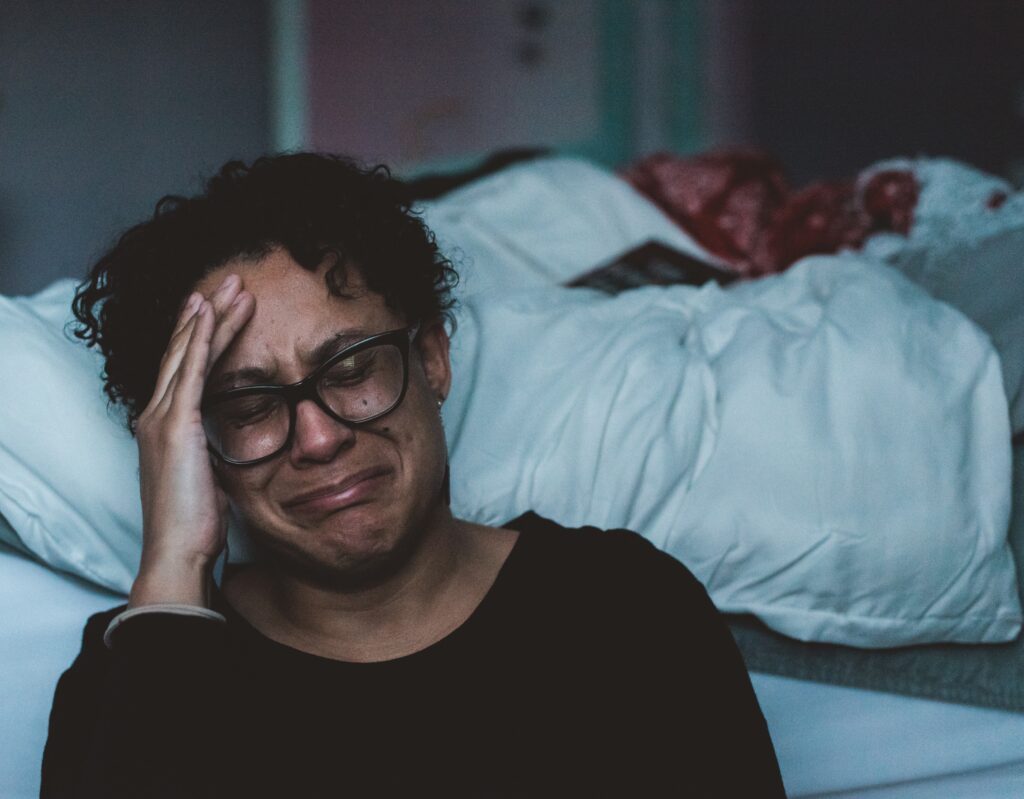
What does Nigerian Law say about Domestic Violence?
Arguably, only the Violence against Persons Prohibition Act of 2015, particularly uses the words ‘domestic violence’ in proscribing the scope of activities that conventionally amount to abuse. This notwithstanding, before the Act was enacted, other laws dealing with criminal assault and proscribing the inflicting of pain/injury on others definitely covered this field. To say that differently, there are general Laws that prohibit the use of violence in Nigeria and these laws apply also to husband and wife as well. You may ask; why have these laws not succeeded in curbing the menace. I will proffer an answer to that subsequently.
Another issue that afflicts the Violence Against Persons Prohibition Act is that it is applicable only to Abuja. However, some states have gone ahead to take the noble step of domesticating the Act. These States include – Kaduna, Anambra, Oyo, Ogun, Lagos, Plateau, Cross River, Benue, Ebonyi, Edo, Ekiti, Enugu, and Osun States. Other states have even enacted other specific laws to deal with the issue – for example, in Lagos State, there is the Protection Against Domestic Violence Law enacted in 2007. In Ekiti State there is the Gender Based violence (Prohibition) Law of 2019. In Ebonyi, there is the Protection against Domestic Violence Law of 2007 and in Cross River there is the Domestic Violence and Maltreatment of Widow’s Prohibition Law of 2014.
With these many laws available, it can be submitted that the legal framework in Nigeria has taken cognizance of the issue of domestic violence in the Country and some measures are in place to curb it. This framework, when viewed nationally is arguably insufficient as some states have not passed specific laws to deal with the issue of domestic violence or adopted the VAPP Act so as to make the provisions on domestic violence in the VAPP Act applicable to them. Furthermore, there is the issue of Section 55 of the Penal Code which is applicable to Northern States. By that Section of the Penal code, the beating of a wife for the purpose of correction is deemed legal.
To avoid writing a long polemic on this issue, I will proceed to deal with offences under the VAPP Act that could salvage a victim of domestic violence provided proper reporting to the relevant authorities is carried out. I will also deal with legal measures available to stop the abuser in his tracks.
Some offences under the VAPP Act
- Forcefully ejecting/chasing your spouse from the house or even denying him or her access to the house – Section 9 of the Act
- Attempting to forcefully eject or chase your spouse – Section 9 (2) of the Act
- Advising, encouraging another person to forcefully eject/chase his or her spouse from the matrimonial home
- Causing forced financial dependence or economic abuse
- Causing verbal, emotional and psychological abuse to another person – Section 14 of the Act
- Subjecting a widow to harmful traditional practices – Section 15 of the Act
- Abandoning a spouse, children or other dependents – Section 16 of the Act
- Stalking another person
For each of the offences I have listed above, attempting, advising or encouraging another person, receiving and assisting another person whom you know has committed the offence are also crimes in themselves. Put differently, supporting an abuser is an offence.
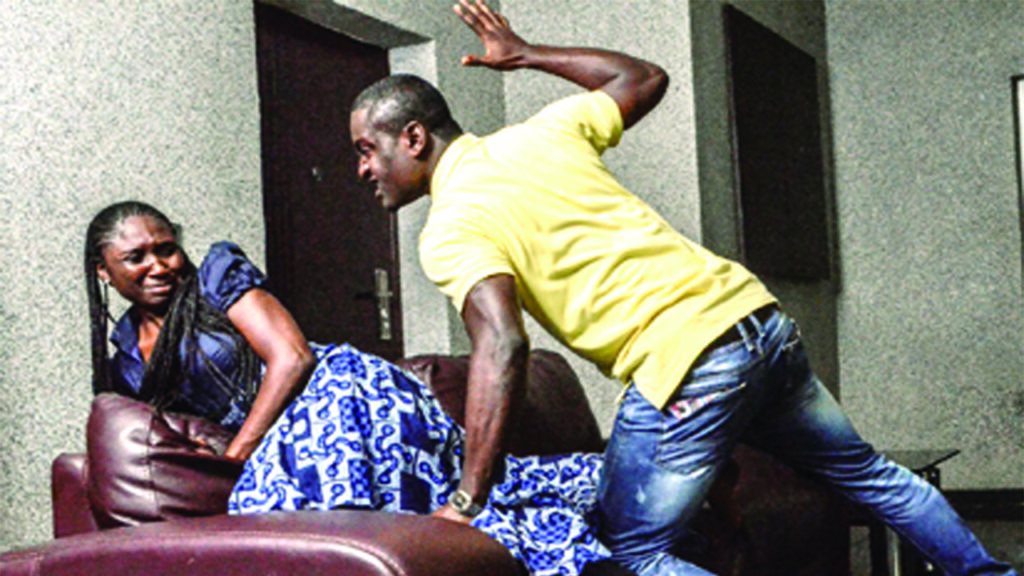
What can a victim of domestic violence do?
That brings us to the question of – now what? What can a victim do under the law to help the situation and at least stay alive for his or her children and other dependents. I must add a caveat to the information hereunder, this is not legal advice please. Where necessary consult a lawyer who would advise based on your specific circumstance. General legal information like the one we provide at LAWgically Speaking Nigeria is only given to ensure that persons know their rights and can make informed decisions. Consulting a lawyer helps ensure that the generally available legal information is well tailored to your specific needs.
Now back to our question, what can the victim do? The first option is to put a full stop to the abuse. As radical as it may sound, a victim of domestic abuse has the option of leaving the marriage or abusive relationship. On a personal note, I don’t believe that a divorce is the end of the world. It in fact maybe the available means to stay alive in order to continue seeing the world.
However, if divorce is not an option for you, the law allows for judicial separation. You may choose to consider this as a break in marital relations. You both are still married under the law but sometime apart is judicially granted.
You might then ask – what if I want to stop the trend of physical abuse? Under the various laws previously listed, you can apply to the Court and be granted a protection order. This order should stem the tide of abuse as the abuser stands the risk of getting arrested if he acts contrary to the order.
Above all, when necessary, please see a Counsellor or speak with a trusted friend/family member.
May the violent tendencies of the ones we love not see to the end of us.
Written by Nkobowo Frederick Nkobowo LLB
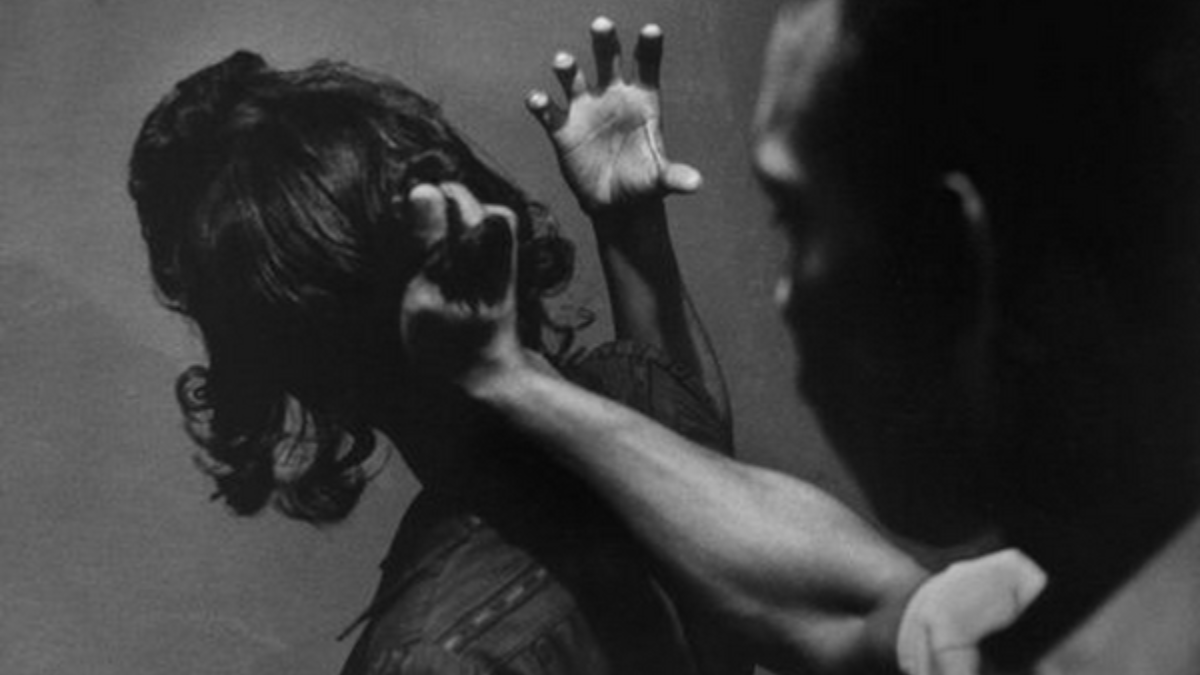
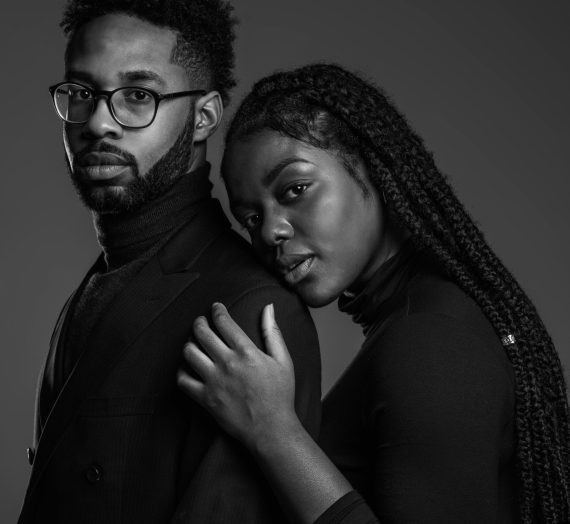

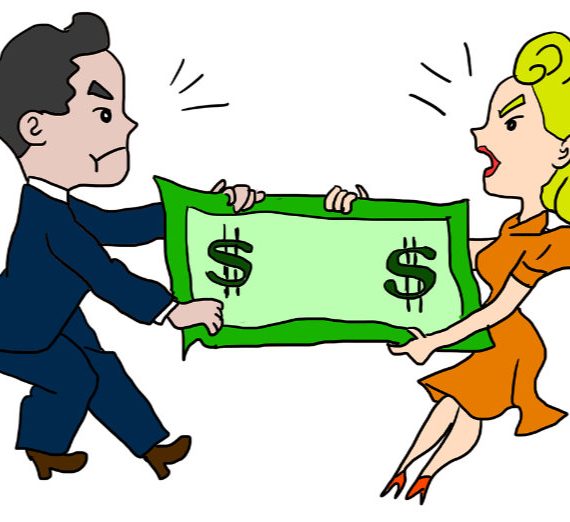
Twicsy
Hi there, I read your blogs like every week.
Your humoristic style is awesome, keep doing what you’re doing!
fredericknkobowo
Thank you so so much for your generous and kind comments. We will keep our informative contents coming.